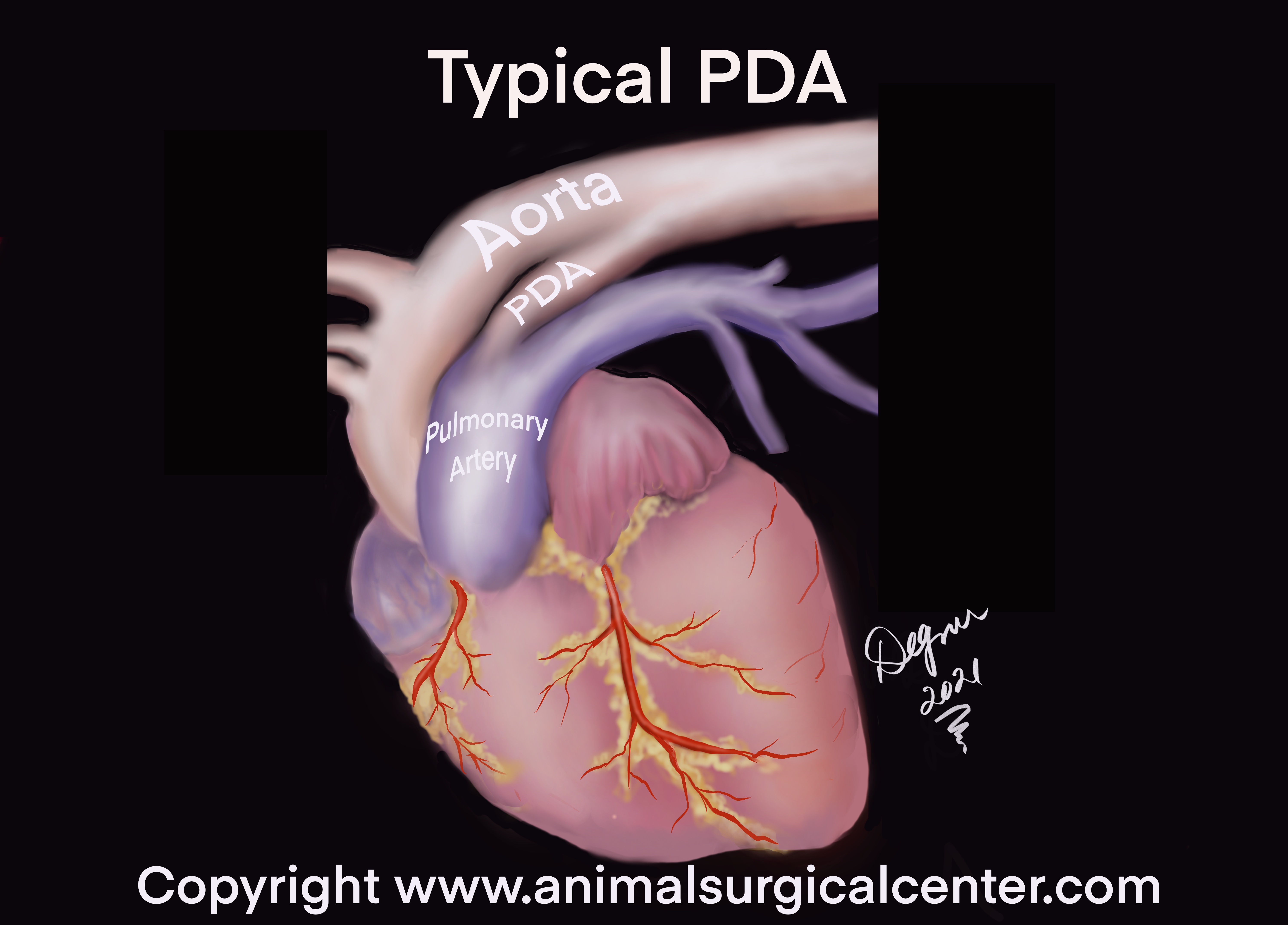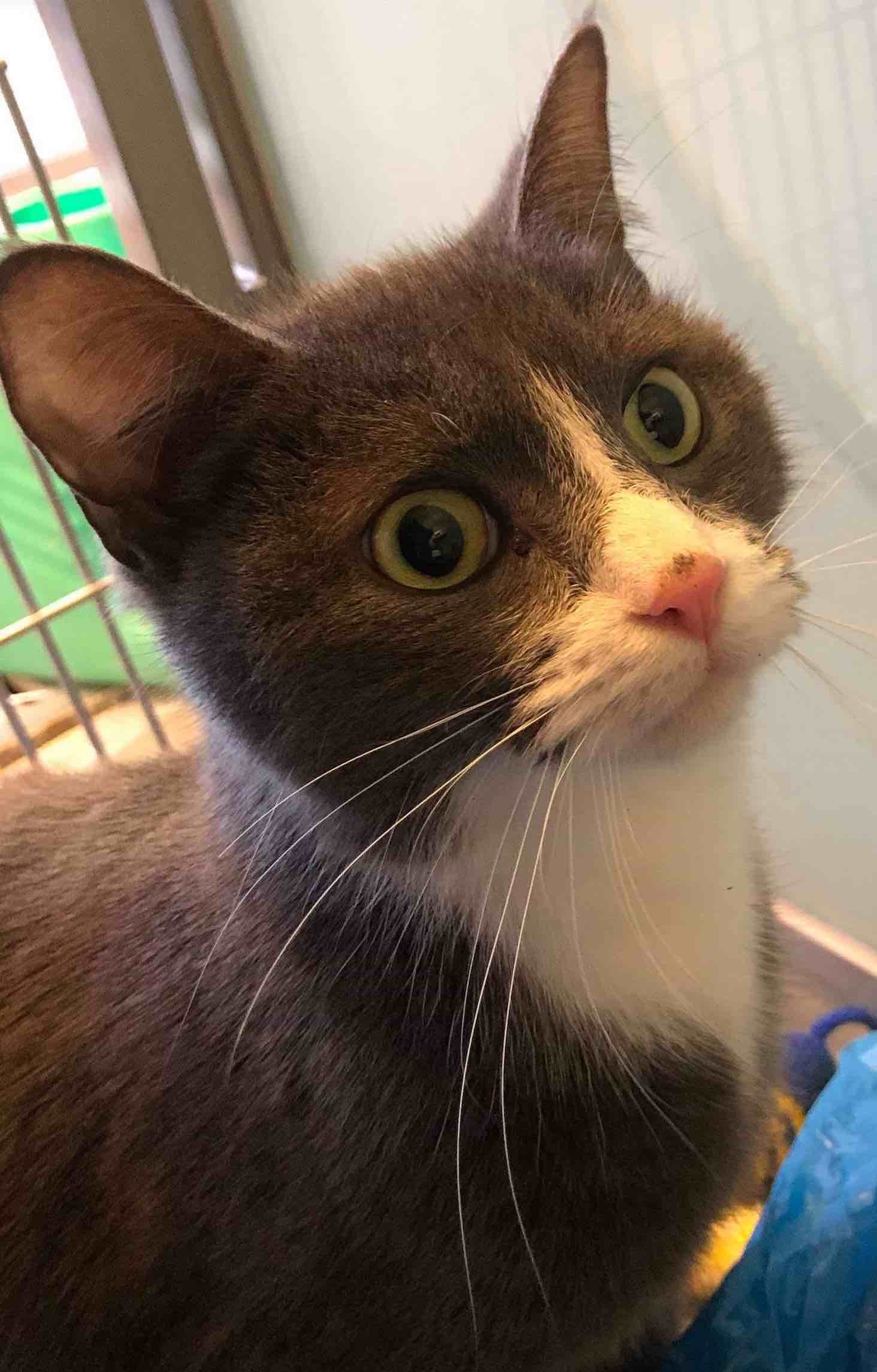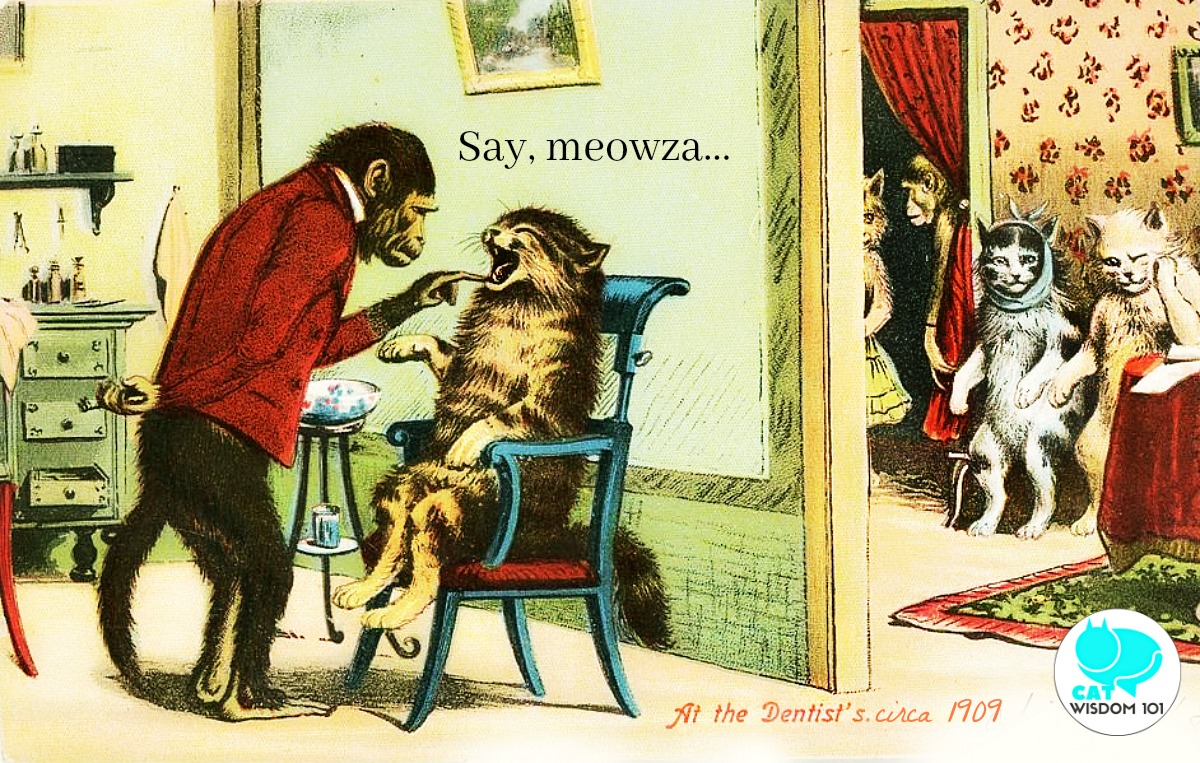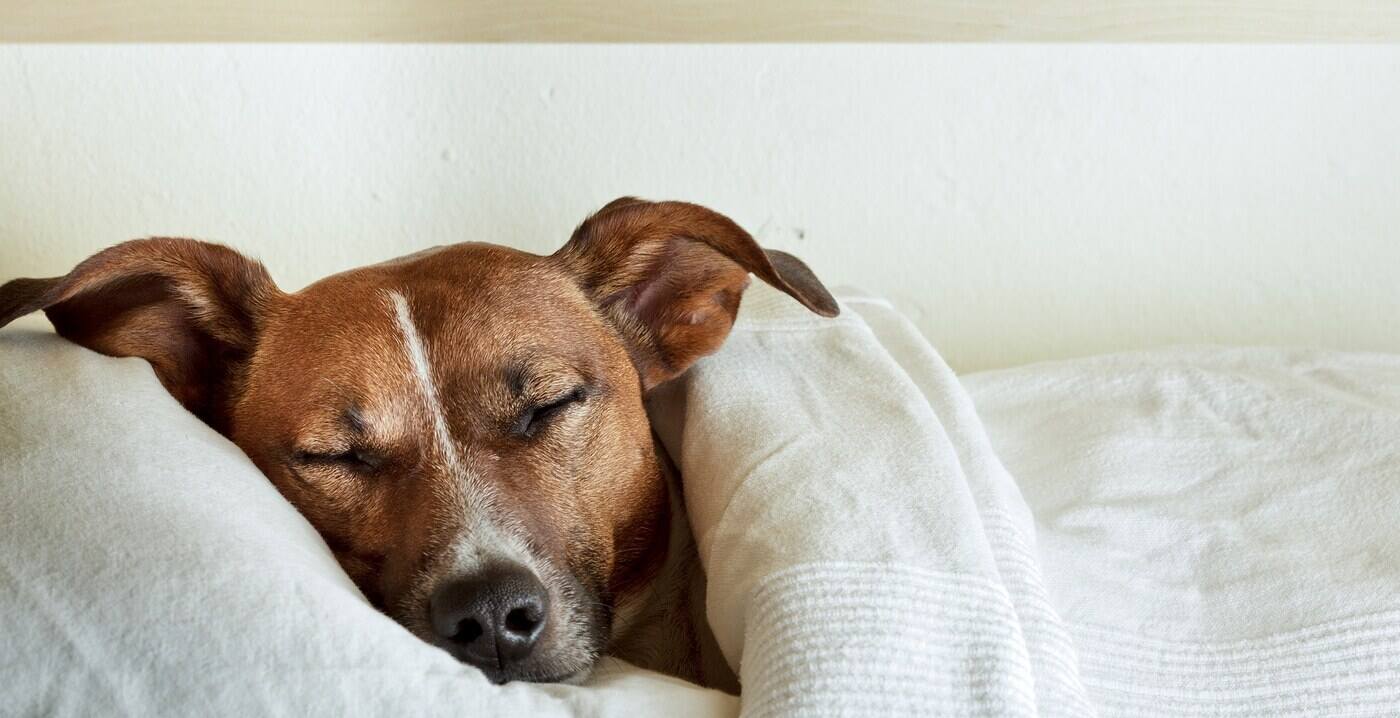Heart Murmur In Cats And Anesthesia
The anaesthetic risk is increased for patients with cardiac disease even if they are able to compensate.
Heart murmur in cats and anesthesia. Some normal adult cats may have an intermittent heart murmur that shows. A systematic evaluation of murmur characteristics is indicated when a heart murmur is detected in a cat. Studies show that anywhere between 21 and 50 of healthy cats have murmurs.
I think that sometimes cats with mild heart murmurs suffer much more from things like severe dental disease that goes unchecked because of the fear of putting them under anesthesia. Lumb and Jones V eterinary Anesthesia and Analgesia. If the heart murmur is severe enough to cause heart disease such as congestive heart failure then signs such as coughing difficulty breathing rapid breathing or even collapse may be seen.
Anesthesia and other factors such as surgery itself can affect heart rate. Heart murmur in cats brought on by congenital diseases often requires surgery. The presence or absence of a murmur is not a good predictor of heart disease in cats.
For induction of anesthesia propofol is one of the safest methods. Heart murmurs are most commonly a result of a compromised heart valve. The murmur we hear is the blood flowing tubulently.
With a cardiac murmur but with out any clinical symptoms. Anesthesia paired with any cardiological condition poses a serious risk and many veterinarians will refuse to perform the operation entirely if they suspect a murmur. An echocardiogram cardiac ultrasound is a simple non-invasive imaging test that can evaluate your murmur.
Etomidate Etomidate is a short-acting hypnotic anesthetic that produces its anesthetic action through binding and positive modulation of GABA A receptors in the CNS. Some normal adult cats may have an intermittent heart murmur that shows. The murmur may first appear at 6-8 weeks of age and a kitten with an innocent heart murmur will usually outgrow it by about 4-5 months of age.


















